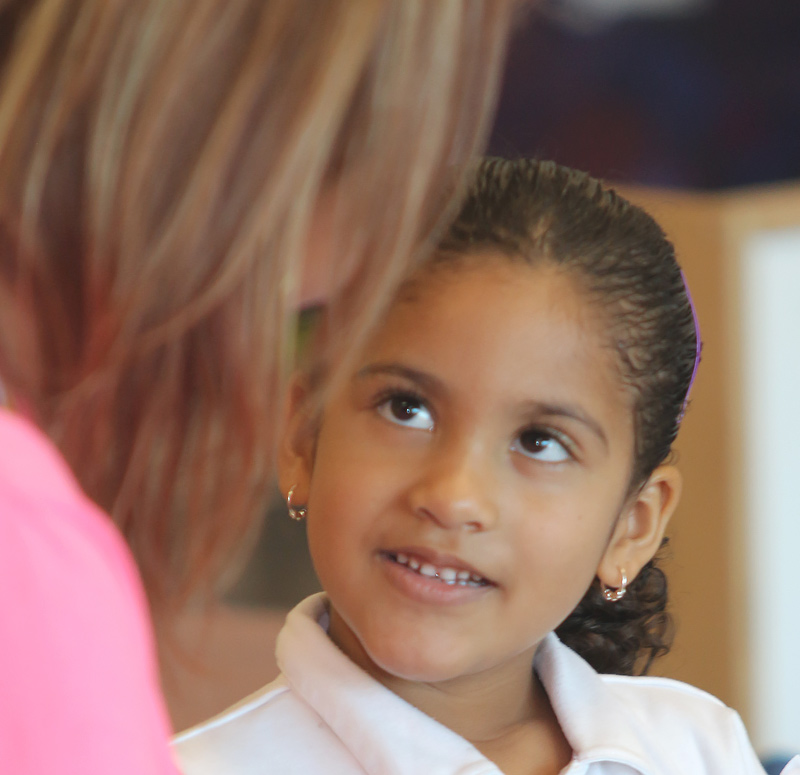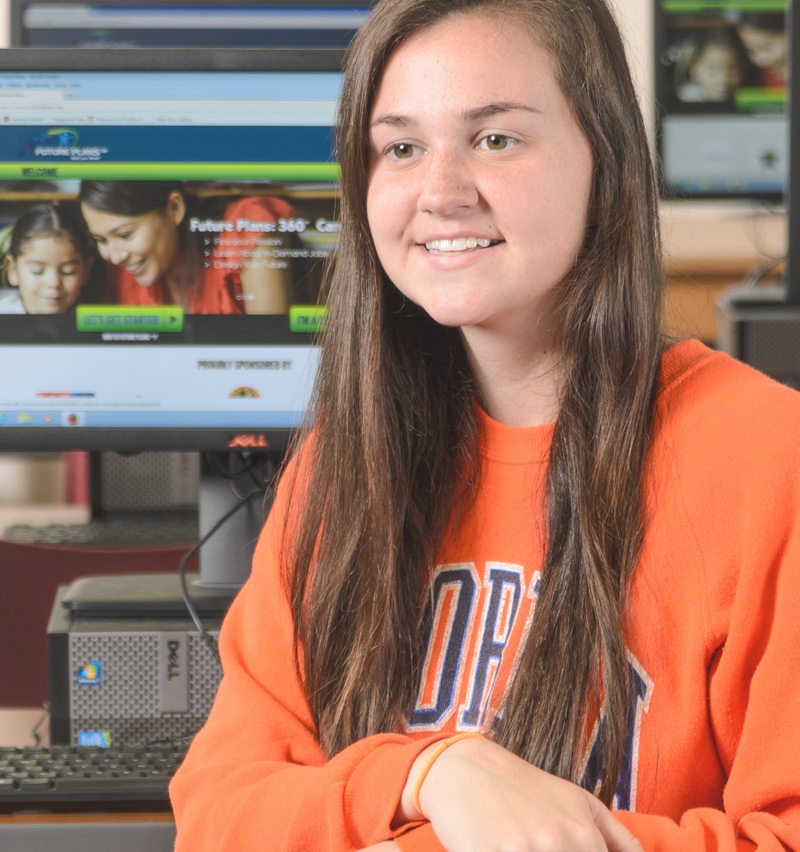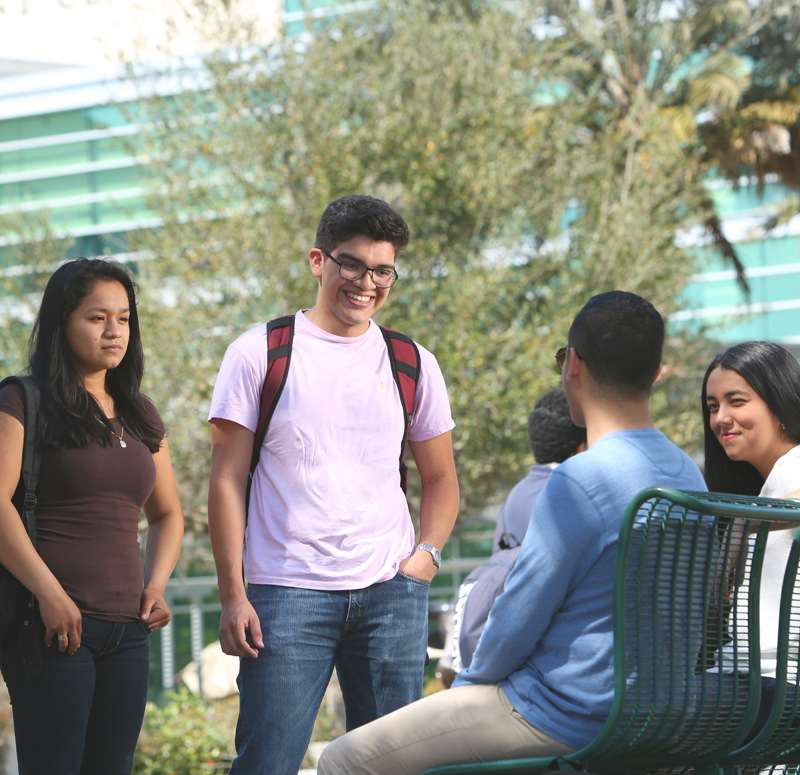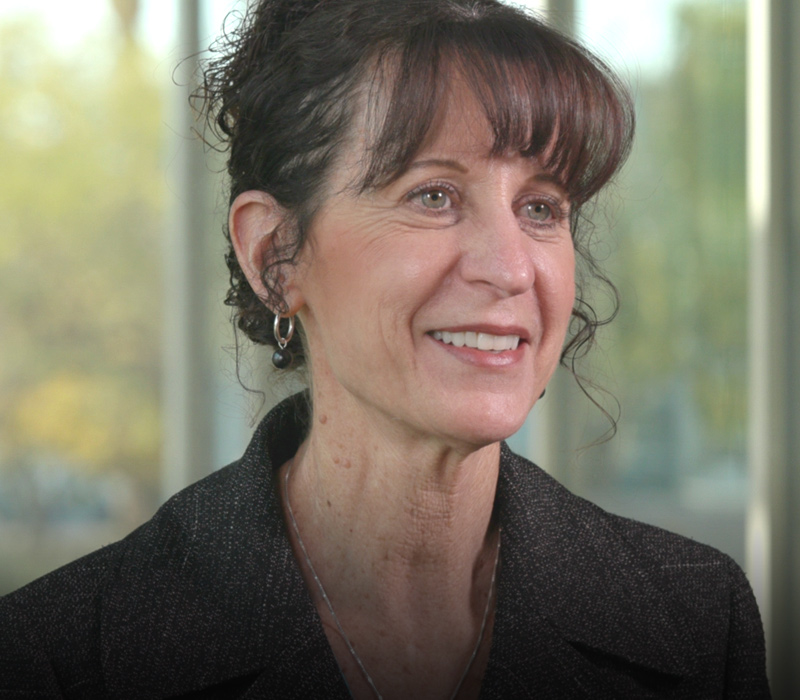Closing the education achievement gap for first-generation, minority, and underrepresented students is an outcome dependent upon multiple inputs. In addition to innovative instruction and continued evolution of education policy, the ability to leverage research and learn from best practices is crucial.
instruction
Helios’ Program Administration and Organizational Learning team amplifies the impact of our organization’s grant making by collaborating with grantees throughout their program implementation cycle, providing thought leadership and, when appropriate, conducting evaluations that measure program effectiveness in alignment with funded goals. Evaluation that aligns programmatic results to outlined goals provides data on which to assess effectiveness, and therefore overall impact.
Effective evaluation and research informs Helios’ pillars of strategic investing, building and reforming systems, public and political will building and collaborating and convening. It also contributes to community learning, which then amplifies and enhances education in Arizona and Florida.
A cornerstone to ensuring Helios achieves its mission of enriching the lives of individuals in both Arizona and Florida by creating opportunities for success in postsecondary education is sharing, informing, and empowering our grantees, foundation peers, and the education community.

Dual Language Learning
Recognizing the diversity reflected within both Arizona and Florida’s growing populations, Helios Education Foundation engaged partners in both states in the implementation of a Dual Language Learning (DLL) research project within pre-school classrooms utilizing a two-way immersion model of presenting all learning experiences in both English and Spanish on alternating days or half days.
In order to establish best practices and potentially transform the delivery of dual language learning, Helios engaged partners Arizona State University, Childsplay Inc., and both the Osborn and Creighton school districts in Arizona, as well as Orange County Public Schools and Orlando Repertory Theatre in Florida, to examine both the implementation of this Dual Language Learning program and, more importantly, its influence on high-quality teaching strategies, as well as the impact on children’s early language and literacy skill development.
Future Plans
Future Plans® is an interactive, self-administered, online program guided by engaging avatars that are aimed at helping students discover their abilities, interests, work values, and personality traits in order to choose the educational pathway and/or field of work that will best lead them to their best, in-demand career choice. The Future Plans® program engages high school students between 9th and 12th grade in this guided self-exploration.
Future Plans® matches completed student profiles from a list of 900+ occupations and singles out those in highest demand. This feature enables high school counselors to direct students to educational paths that lead to an employable infield career. Currently being evaluated within all Pinellas County High Schools, Future Plans® has guided the high school and postsecondary curriculum choices of thousands of students as they progress toward a postsecondary degree or high-quality certificate.
Our hope is that the insights gleaned from students’ Future Plans® profiles will transform guidance counseling as more students base academic and postsecondary choices on their Future Plans® profiles.


Local College Access Networks (LCANs)
The goal of Local College Access Networks (LCANs) is not to own the work of ensuring increased college access for students but to galvanize the community to engage their collective resources in order to drive increased college access and completion.
Given the opportunity to empower more communities toward collective impact, Helios Education Foundation supported the Community Foundation Challenge Grant for LCAN Development with a $400,000 grant to the Florida Philanthropic Network. A portion of this investment served as a challenge grant for local community foundations in order to enhance, strengthen, and sustain their local college access coalitions, while remaining funds facilitated a statewide learning community and toolkit focused on strategies and best practices to support local collaborative efforts; data collection and analysis; and an innovative scholarships working group to explore non-traditional scholarship programs and products, as well as a white paper documenting the working group’s findings.
